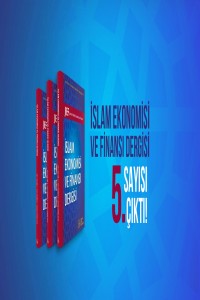Abstract
Despite the modest achievements recorded
by Microfinance Banks in Nigeria, the poverty rate in the country remains
daunting and that majority of the disadvantaged and economically active poor
remain financially excluded. A huge part of the
Islamic population particularly in northern part of the country are also
reluctant to use conventional Microfinance products due to their incompatibility
with Islamic principles, charging high fixed interest rates, credit
diversion and the skewed nature of the distribution of Microfinance Banks which
further limits financial inclusion in the region. These
basic challenges can be resolved if an Islamic Micro-Finance Institution is
designed in an integrated manner by incorporating the two basic and traditional
institutions of Islam, Awqaf and Zakat
with Islamic Micro-finance into a single framework in order to promote financial inclusion and reduce poverty among
such population. The proposed model will be effective in poverty
alleviation since the poor borrowers will have less debt burden as their
capital investments will be partly met by funds from zakat that does not
require any repayment and part of the Zakat funds will be used in disbursing
funds to fulfil basic consumption needs to the hard-core poor target group. Thus, the paper recommends that a Non-Governmental
Organization abiding by Islamic norms and ethics with the objective of poverty
alleviation would be the ideal form of organization that will provide
micro-finance facilities based on Islamic principles using Zakat and Awqaf
funds as two major sources of finance.
Keywords
References
- Mustapha H., (2016) Islamic Microfinance Bank: An Alternative Tool for Poverty Alleviation in Northern Nigeria, Journal of Islamic Economics and Finance
Abstract
References
- Mustapha H., (2016) Islamic Microfinance Bank: An Alternative Tool for Poverty Alleviation in Northern Nigeria, Journal of Islamic Economics and Finance
Details
| Journal Section | Articles |
|---|---|
| Authors | |
| Publication Date | July 10, 2017 |
| Submission Date | May 6, 2017 |
| Published in Issue | Year 2017 Volume: 3 Issue: 1 |

